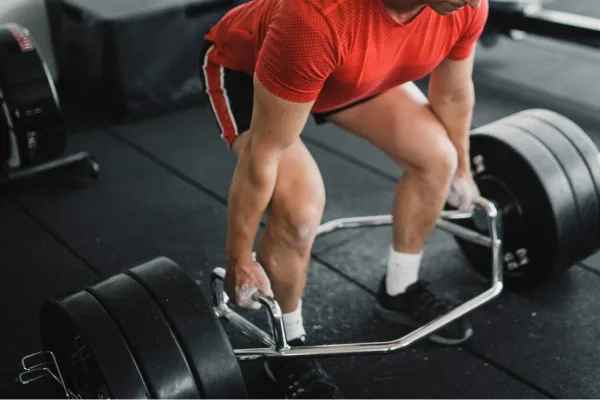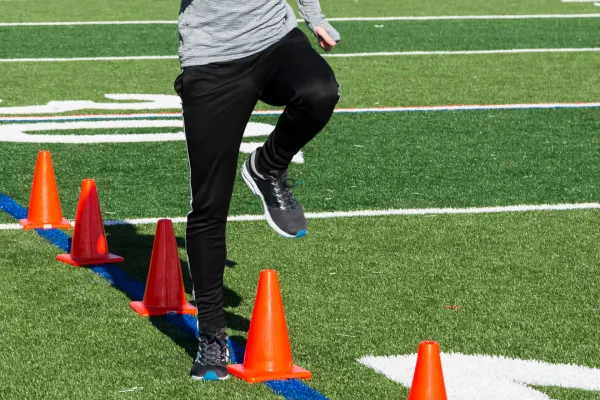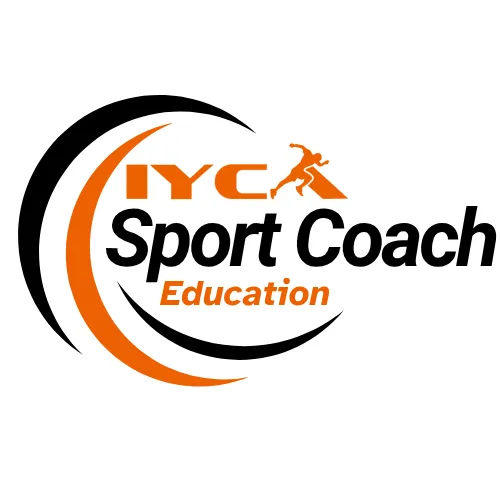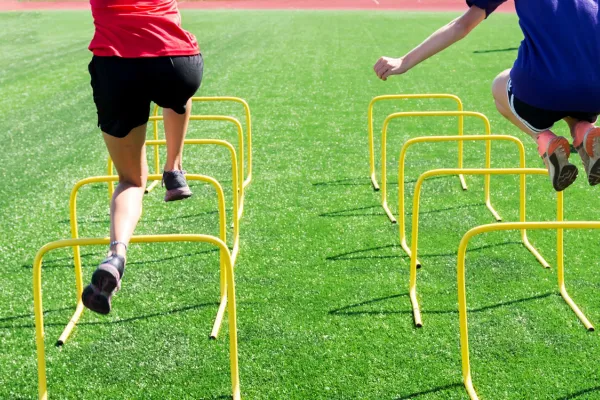
Recovery Nutrition: What Works and What Doesn’t
When it comes to athletic performance, recovery nutrition is just as important as the training itself. As coaches we may focus on pushing our athletes to their limits in the gym or on the field, but without proper recovery nutrition, those gains may be lost. This is what makes recovery nutrition one of the most critical elements of the recovery process. What your players eat after a workout can play a significant role in how well their body repairs and rebuilds. But with all the diet trends, supplements, and recovery foods out there, it can be hard to separate fact from fiction. Let’s break down what really works and what doesn’t when it comes to recovery nutrition.
The Key Components of Recovery Nutrition
1. Protein: The Muscle Builder
What Works: Protein is arguably the most important nutrient when it comes to muscle recovery. Up to 48 hours after a workout, muscles go through a process called muscle protein synthesis (MPS), where they repair and grow. Consuming protein throughout the day and after exercise provides the necessary amino acids for this repair process.
Recommendation: Aim for 10-20 grams of high-quality protein after a workout in addition to 30-40 grams of protein 3-4 times a day (breakfast, lunch, pre-workout snack, and dinner). Sources like lean meats, fish, eggs, dairy, and plant-based proteins like legumes or tofu are great options.
What Doesn’t Work: Eating all your daily protein needs at one big meal. 5 hours after eating protein, available amino acids have been used up and any excess gets turned to calories or stored as fat, leaving the muscle without protein for the remaining 19 hours of the day. Eating protein in smaller portions often throughout the day provides the muscles with a steady stream of amino acids to repair and grow.
2. Carbohydrates: The Energy Restorer
What Works: Carbs are essential for replenishing glycogen stores in the muscles. After intense exercise, the muscle’s glycogen stores (the primary fuel source for high intensity and endurance activities) will be depleted. Consuming carbohydrates after exercise helps to restore these energy reserves.
Recommendation: After an intense or long-duration workout, aim for 1-1.5 grams of carbohydrates per kilogram of body weight within 30 minutes after the training followed up with balanced meals containing nutrient dense carbohydrates like whole grains, fruits, starchy vegetables, and legumes.
What Doesn’t Work: Many low-carb diets claim that carbs are unnecessary for recovery. However, for athletes who engage in high-intensity or long-duration activities, carbs are a crucial part of the recovery process. Skipping or limiting carbohydrates can leave an athlete feeling sluggish and hinder performance during training and competition.
3. Fats: The Recovery Enhancer
What Works: Healthy fats play a role in reducing inflammation and supporting cell repair. Omega-3 fatty acids, in particular, have anti-inflammatory properties that may help reduce muscle soreness and promote recovery.
Recommendation: Include sources of healthy fats like avocados, nuts, seeds, olive oil, and fatty fish like salmon in balanced meals.
What Doesn’t Work: Saturated and trans fats are inflammatory and could slow down recovery. To limit these inflammatory fats: avoid all fried foods (replace with baking, broiling, boiling, or grilling), choose lean animal protein sources, replace the use of butter in cooking or as a spread with olive oil, avocado, or nut butters, and limit all processed foods.
4. Hydration: The Often Overlooked Essential
What Works: Hydration is arguably the most critical part of recovery nutrition, yet it is often overlooked. Rehydrating after exercise helps replace fluids lost through sweat and supports optimal muscle function.
Recommendation: An athlete should drink ½ their body weight in ounces of water throughout the day, aim to consume 16 ounces per hour during training, and 16-24 ounces (500-700 mL) of water following training or competition for every pound they lost to replace sweat losses. For more intense or longer workouts, consider a drink that also replenishes electrolytes like sodium and potassium.
What Doesn’t Work: Drinking sugary sports drinks or energy drinks that are high in artificial colors and preservatives isn’t necessary unless you’ve had an extreme workout session lasting over an hour. Water and whole food sources (like fruit) are generally enough for most recovery needs.
5. Supplements
Protein Powder: While whole foods should always be prioritized, protein powders can be a convenient way to meet your protein needs post-workout, especially if you’re on the go.
Creatine: A well-researched supplement that has been shown to improve strength, increase lean muscle mass, and reduce recovery time between intense bouts of exercise.
Omega-3 Supplements: If you’re not eating enough fatty fish, omega-3 supplements can help reduce inflammation and promote recovery.
What Doesn’t Work:
Glutamine: Although glutamine is often marketed as a supplement for muscle recovery, the evidence supporting its effectiveness for post-workout recovery in healthy individuals is lacking.
Pre-Workout Supplements Post-Workout: Many pre-workout formulas contain stimulants (like caffeine), which may interfere with sleep or recovery. These are designed to enhance performance before a workout, not after.
Excessive Vitamin and Mineral Supplements: While vitamins, minerals, and antioxidants are essential for recovery, overloading on them, especially in the form of supplements, is unlikely to provide any added benefit unless you have a specific deficiency. It is best to get vitamins, minerals, and anti-inflammatory antioxidants from whole foods. Athletes should aim to include fruits and vegetables with every meal.
Conclusion
Recovery nutrition is crucial for optimizing performance and muscle growth. The foundation of a good recovery strategy lies in getting the right balance of protein, carbohydrates, fats, and hydration. While certain supplements can help, they should never replace whole foods. Athletes should focus on fueling their body with nutrient-dense meals, and remember that recovery is a process that continues beyond just what you eat after a workout. With the right nutrition plan, your body will repair itself and be primed for your next training session.
About the Author:
Kristy is a Registered Dietitian Nutritionist with her Masters Degree in Education. She owns her own nutrition consulting business called Performance Nutrition LLC and teaches as an Adjunct Instructor at Lansing Community College.
Kristy focuses on sports nutrition, healthy eating, and weight management, and is a speaker/lecturer. To learn more about Kristy, visit her website at www.performancenutritionllc.com.
To learn more about sports nutrition, take Kristy’s online course The Fundamentals of Sports Nutrition at https://www.performancenutritionllc.com/products and use IYCA20 for a 20% discount.
The information provided in this article is for educational purposes only and is not intended as medical or nutritional advice. Individual hydration and electrolyte needs vary based on factors such as age, activity level, environment, and overall health. Athletes should consult with a registered dietitian, sports nutritionist, or healthcare professional for personalized recommendations. The IYCA and the author are not responsible for any adverse effects resulting from the application of the information presented.








